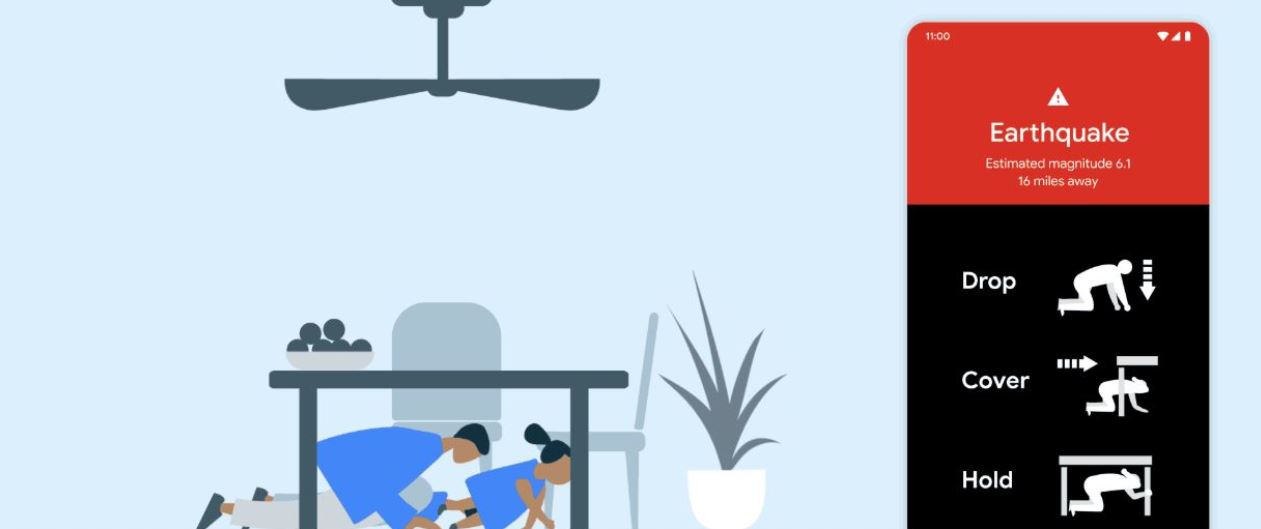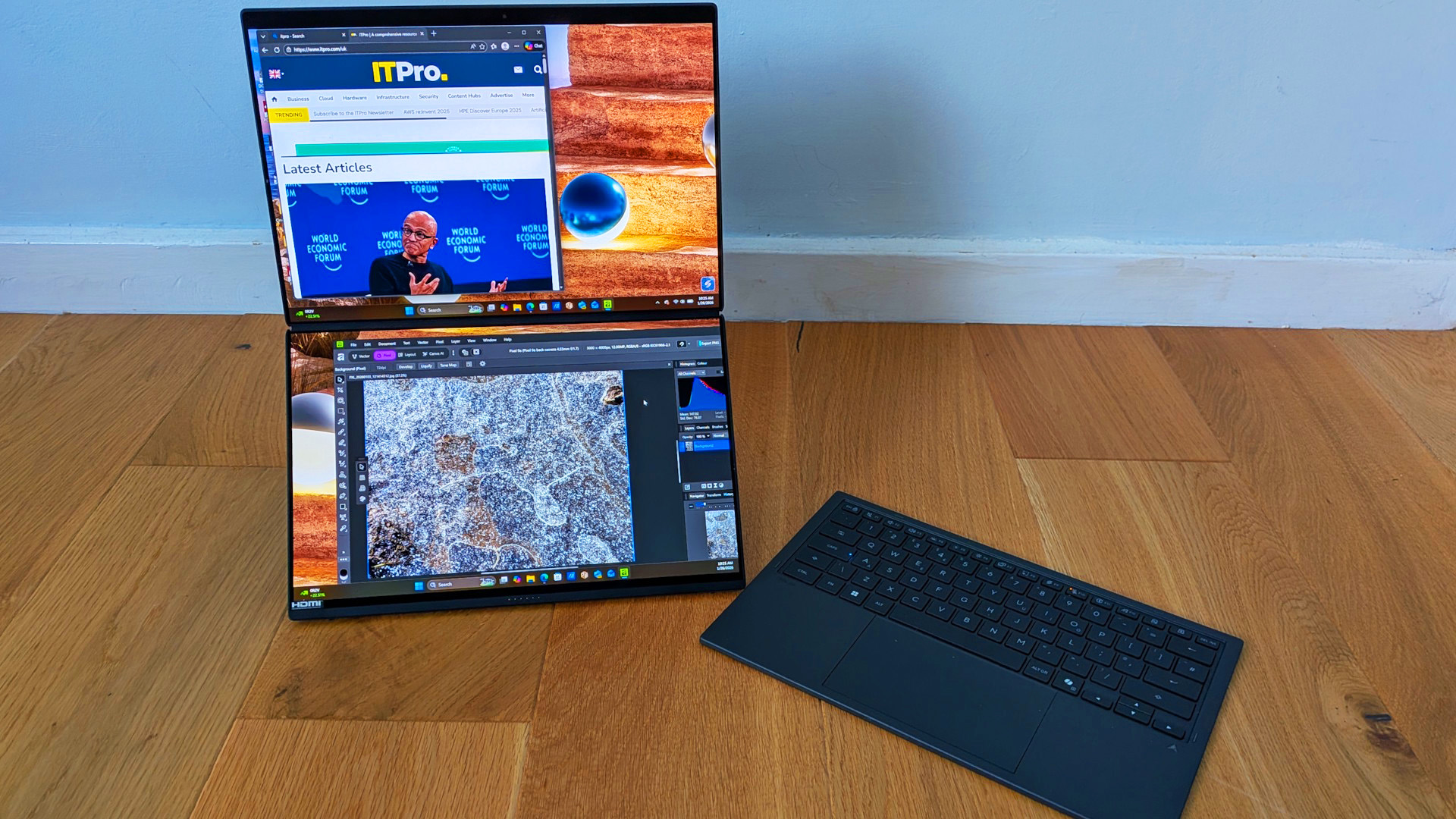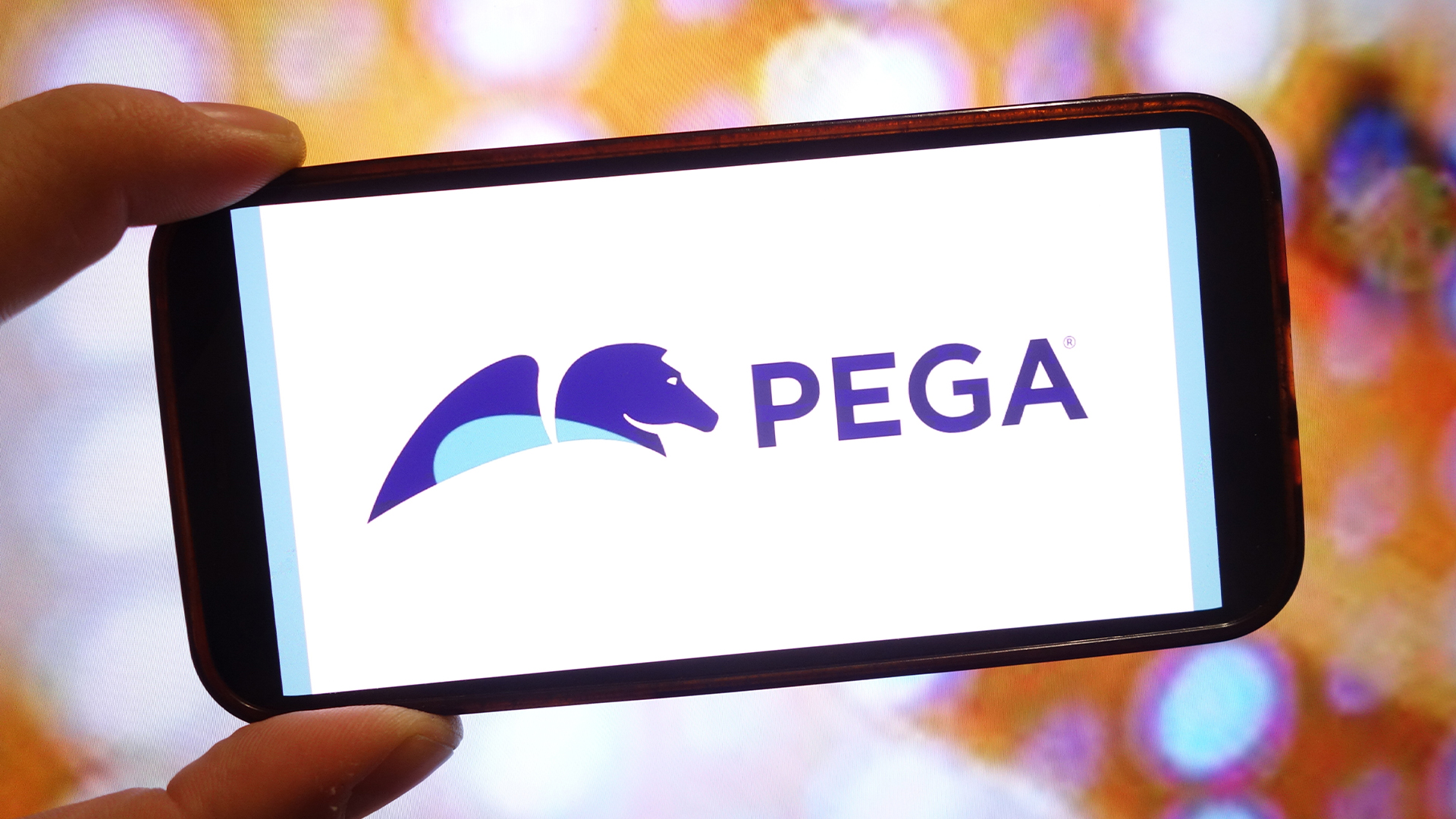Android phones to detect earthquakes
Google unveils use of accelerometers as mini seismometers


California has a network of seismometers that lets scientists spot an incoming earthquake - but not everywhere can roll out such infrastructure.
To help, Google is turning Android phones into a network of mini seismometers to give people in quake-prone areas faster and more accurate notifications.
Google started working with the US Geological Survey and California's Office of Emergency Services on Shake alert, which sends notifications to Android devices in the state.
"A few seconds of warning can make a difference in giving you time to drop, cover, and hold on before the shaking arrives," said Marc Stogaitis, principal software engineer at Android, in a blog post.
But those warnings make use of a network of more than 700 seismometers, which Stogaitis notes may not be feasible everywhere. "Earthquakes happen daily around the world, with hundreds of millions of people living in earthquake prone regions," he said.
"An early warning can help people prepare for shaking, but the public infrastructure to detect and alert everyone about an earthquake is costly to build and deploy."
To help, Google has announced the Android Earthquake Alerts System. "This means your Android phone can be a mini seismometer, joining millions of other Android phones out there to form the world’s largest earthquake detection network," he added.
Sign up today and you will receive a free copy of our Future Focus 2025 report - the leading guidance on AI, cybersecurity and other IT challenges as per 700+ senior executives
The system makes use of the accelerometers in phones, which Stogaitis says can pick up the small signals that an earthquake is looming.
"If the phone detects something that it thinks may be an earthquake, it sends a signal to our earthquake detection server, along with a coarse location of where the shaking occurred," he said. "The server then combines information from many phones to figure out if an earthquake is happening."
All of the data is collected and processed via a Google algorithm to understand what's about to happen, including spotting the epicentre and predicting how large of an earthquake to expect.
If one is imminent, the aim is to eventually send push notifications to those impacted, though Google admits that those closest to the epicentre are unlikely to warned before the rumbling begins; instead, the system will benefit those who are a bit further out.
So far, such notifications are only being sent out in California, though detection alerts will be shown on Google Search too. Those alerts will be studied by leading experts to ensure accuracy and once sure of the system, notifications will be sent more widely beyond California.
Google said it isn't collecting any personal information, only coarse location information. The entire system is opt-in.
Freelance journalist Nicole Kobie first started writing for ITPro in 2007, with bylines in New Scientist, Wired, PC Pro and many more.
Nicole the author of a book about the history of technology, The Long History of the Future.
-
 Asus Zenbook DUO (2026) review
Asus Zenbook DUO (2026) reviewReviews With a next-gen processor and some key design improvements, this is the best dual-screen laptop yet
-
 Pegasystems wants to help you modernize outdated Lotus Notes applications
Pegasystems wants to help you modernize outdated Lotus Notes applicationsNews The Notes to Blueprint tool lets enterprises understand their Lotus Notes estates and get rid of broken workflows
